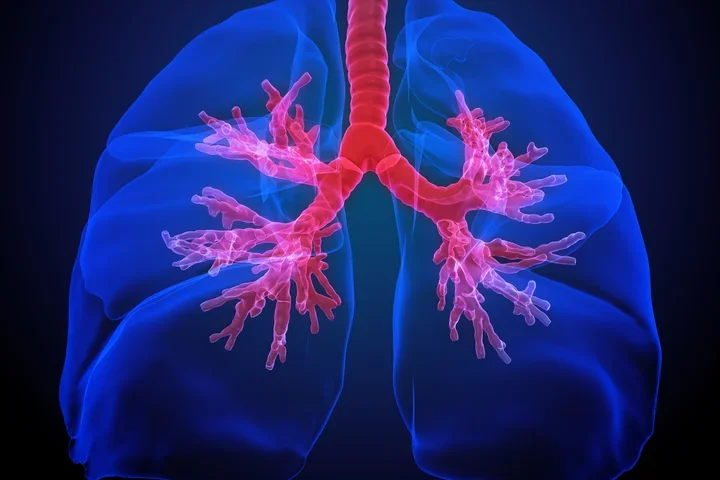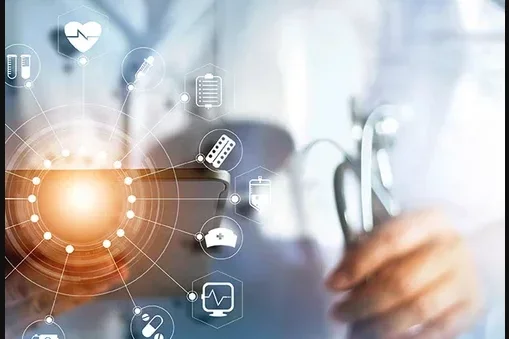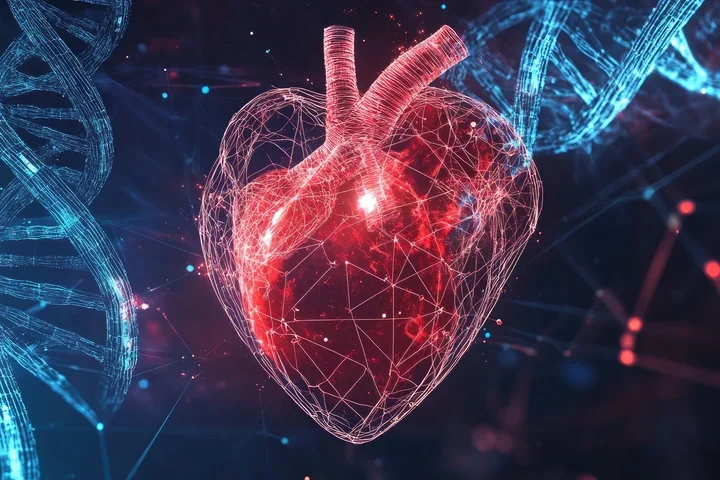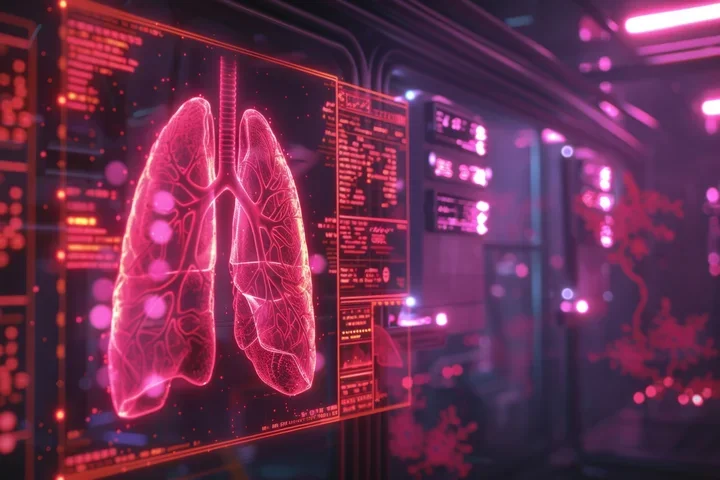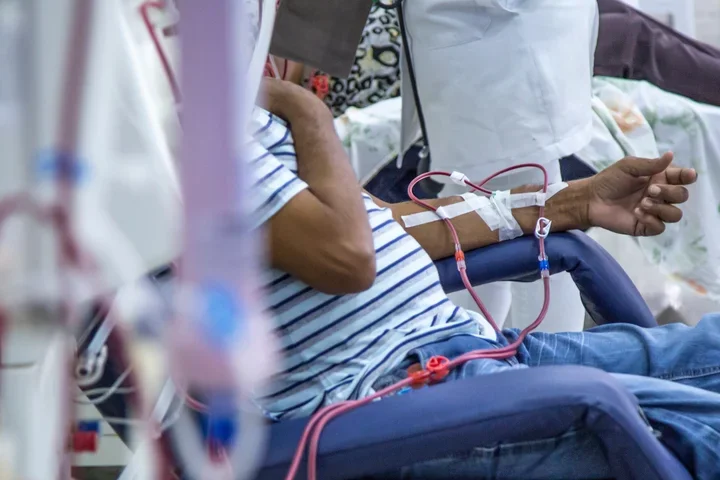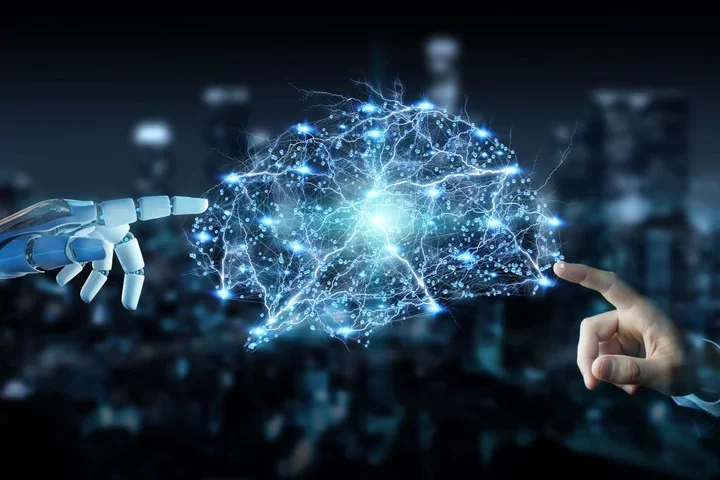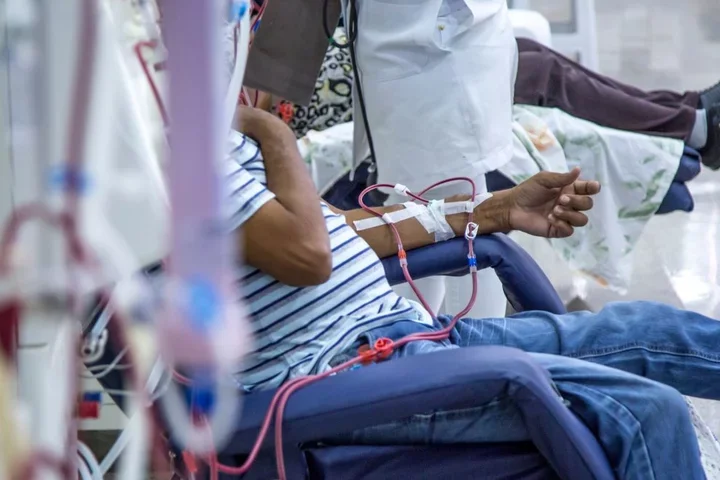Research
Making health and healthcare better
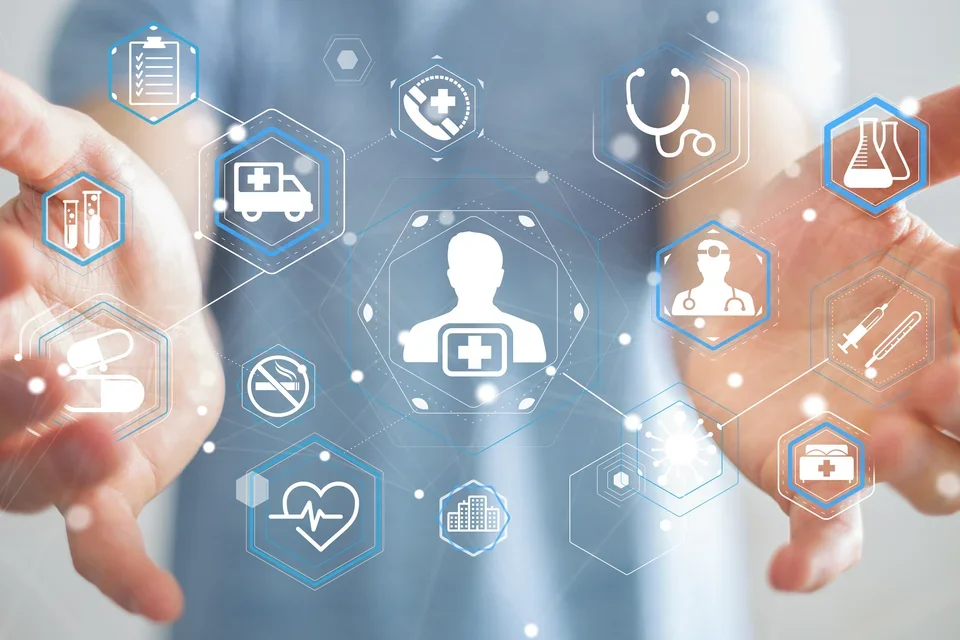
Research at MII
Our group shares a vision for how rapid advances in computational methods and digital technologies can improve biomedical research and healthcare delivery. Building on a history of National Institutes of Health (NIH), National Science Foundation (NSF), and other extramural funding, our research spans the spectrum from cutting-edge methodological development through to translational applications and evaluation. Our goals are to enable scientific knowledge discovery and tools that optimize health. These efforts draw on interdisciplinary collaborations and team science to create new paradigms for biomedical informatics research and healthcare.
Today's MII actively collaborates throughout the UCLA campus, including throughout the Schools of Medicine, Public Health, and Engineering & Applied Sciences, as well as in the College's Physical and Life Sciences Divisions.
Research Areas & Projects
Examples of current and past MII research projects are presented below, covering a range of topics in biomedical informatics and data science and across multiple different clinical domains.
BIOMEDICAL KNOWLEDGE REPRESENTATION
Coalescing data into a useful form that can be reasoned with requires new ways of organization supporting efficient querying/discovery with deeper semantics. Biomedical knowledge representation is concerned with the data models, ontologies, and formalizations that structure data into useful information and insights, as well as the metadata needed to ensure FAIR and TRUST-worthy data science principles.
CLINICAL DECISION SUPPORT
Clinical decision support (CDS) aims to provide important, timely information to physicians and patients. In relation to the learning health system, research in this area draws on techniques from contemporary computational methods (e.g., sequential decision making); human-computer interaction; and behavioral and implementation science, helping optimize outcomes and healthcare delivery through informed decision-making.
DIGITAL HEALTH
Increased access to health devices and information creates new opportunities for gathering data (e.g., through mobile health platforms, mHealth) as well as communicating and educating individuals (e.g., through patient portals). Digital health focuses on these emergent areas and sociotechnical themes and how we can best use this new information to drive better healthcare.
IMAGE ANALYSIS & UNDERSTANDING
Medical imaging is a mainstay in the screening and diagnosis of human disease, and in treatment response assessment. Imaging informatics is concerned with the management and analysis of such data (e.g., CT, MR, digital pathology, etc.) including quantitative analysis (e.g., radiomics) and its usage in the broader context of healthcare. Advances in image understanding through contemporary deep learning techniques are driving new ways to understand and use such data.
KNOWLEDGE DISCOVERY
Machine learning (ML) and reinforcement learning algorithms are making it possible to uncover new insights from the EHR and related observational datasets. This area of research aims to develop and apply new techniques to characterize and detect disease and to optimize actions. Issues related to how to systematically capture these insights in models and properly evaluate their efficacy are studied.
NATURAL LANGUAGE PROCESSING
Biomedical natural language processing (NLP) encompasses methods for the automatic retrieval, extraction, and summarization of information found in clinical notes, published literature, social media, and other (unstructured) free-text data sources. With its renaissance through the development of large language models (LLMs), new strategies for understanding free-text and working with this data source are seeing a renewal of interest in multiple ways.
Additional Key & Highlighted MII Projects
Several MII projects include support for any number initiatives, including national coordination centers, preliminary investigations, and quality improvement projects.

